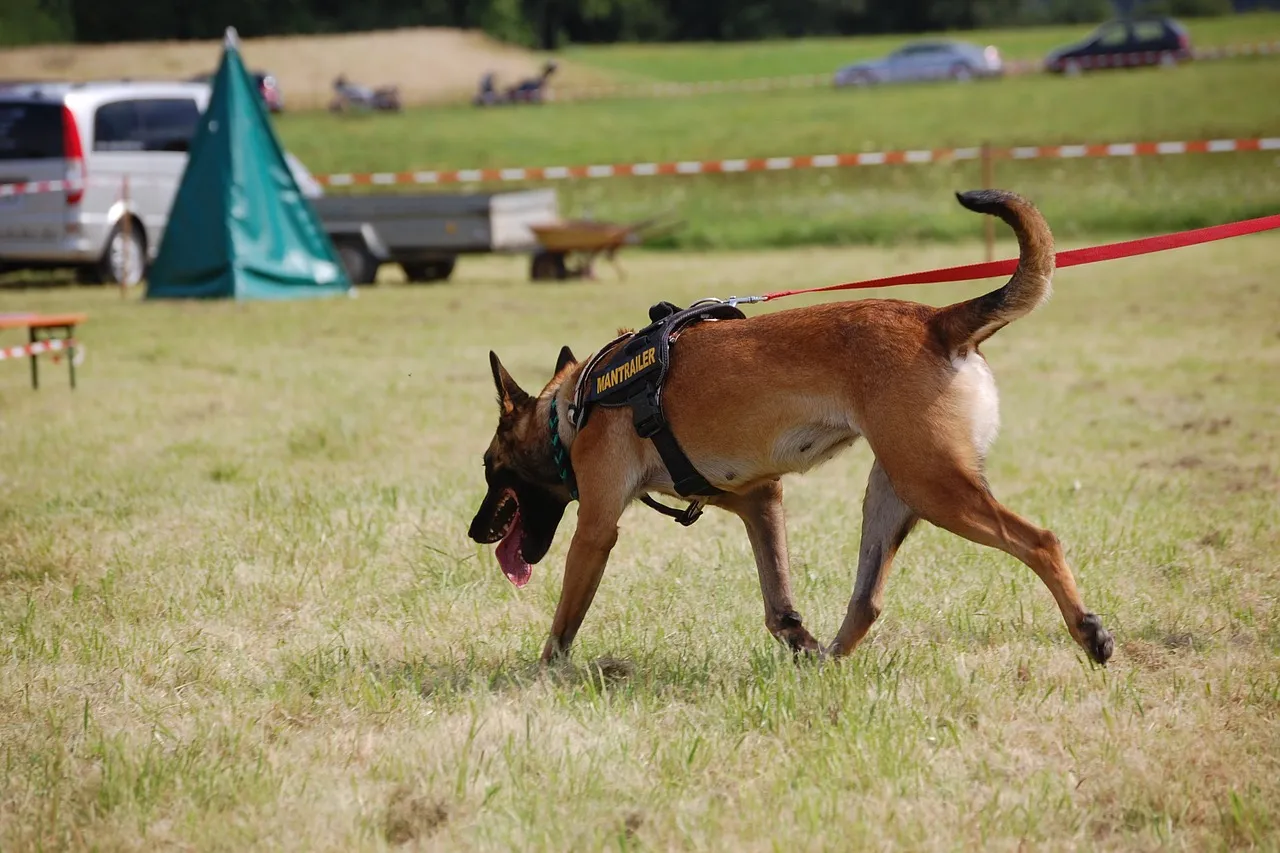We all know that rescue dogs are the best trackers in disasters, their sensitive noses help them locate people buried by earthquakes or avalanches.
The problem is that, like all living creatures, dogs should take breaks from time to time, often they are also not immediately available in disaster areas, and dog teams should travel from further away.

For that reason, an international team of Sotiris Pratsinis and Andreas Güntner, of the Swiss Federal Institute of Technology in Zurich (also known as the Zürich Federal Polytechnic School, ETH), has developed an artificial rival of the dog's nose for use in localization of people buried by natural catastrophes, a device that can be used in any situation without the need to resort to rescue dogs.
Previously, scientists had developed small and extremely sensitive gas sensors for acetone, ammonia and isoprene, all metabolic products that we emit in low concentrations through our breathing or our skin. Now they have combined these sensors in one device with two commercial sensors for CO2 and humidity.
Although electronic devices are already used during searches after an earthquake, they work with microphones and cameras. They only help locate trapped people who are able to make themselves heard or who are visible under the ruins. The idea of the Pratsinis and Güntner team is to complement these resources with chemical sensors.
To experience this idea, the researchers installed a trapping simulator at the Institute for Respiratory Research at the University of Innsbruck in Dornbirn. There, the volunteers remained for two hours in a chamber until they began to secrete products such as acetone, ammonia and isoprene.
the results were very promising, the device detects the source of the substances.
It must be said that, at the beginning of the experiment, the exhaled air was channeled directly out of the chamber. In the second part of the test, the air remained inside. Thus, the team was able to develop profiles of breathing and emission of skin separately, which has helped them to detect the situation of people trapped under the rubble during an earthquake.
As a description, the gas sensors of the new system are the size of a small computer chip. They are approximately as sensitive as most specialized spectrometers, which have a much higher economic cost.
They are currently looking for industry partners or investors to support the construction of a prototype. Drones and robots could also be equipped with gas sensors, which would make it possible to look for areas that are difficult to reach or inaccessible.
♨Thank you for stopping by my post, i hope you like it.
New victim detector source